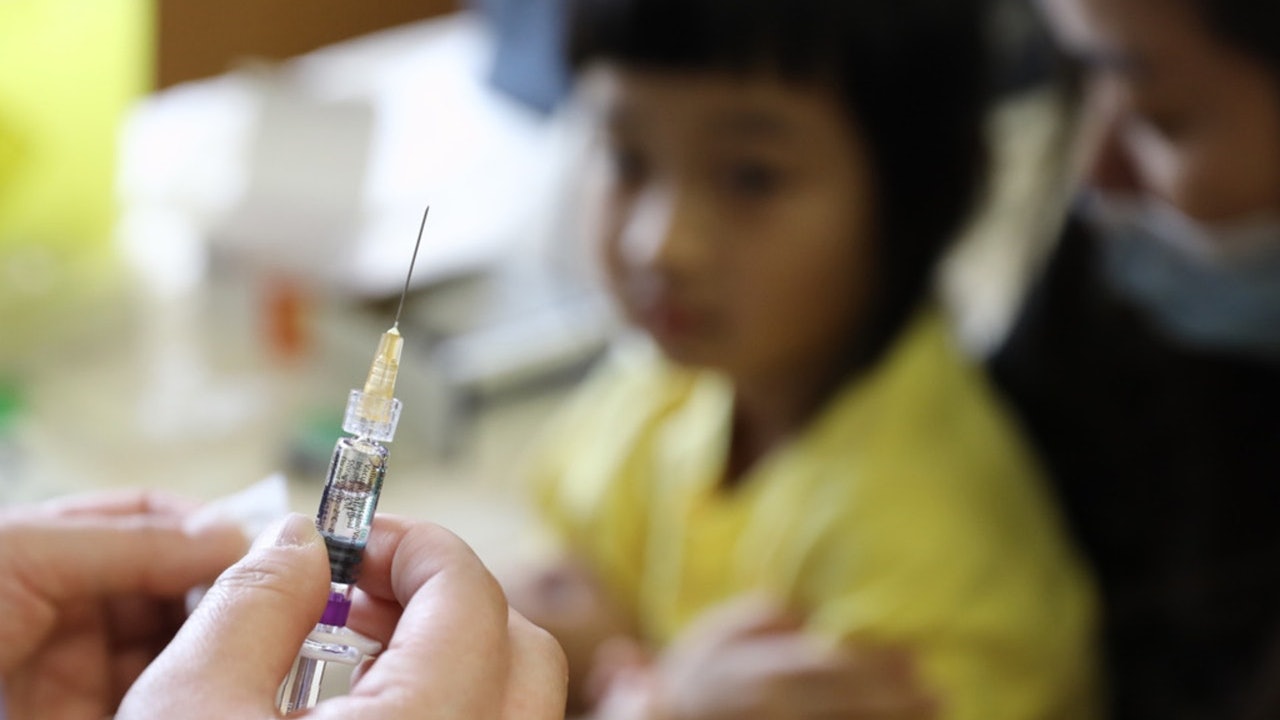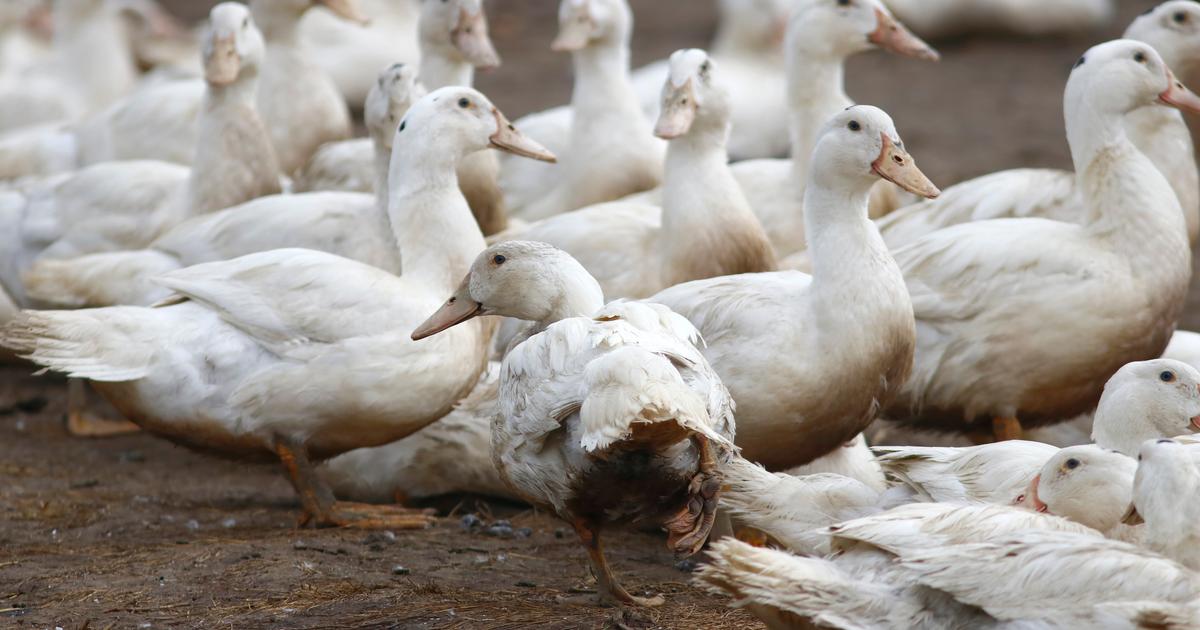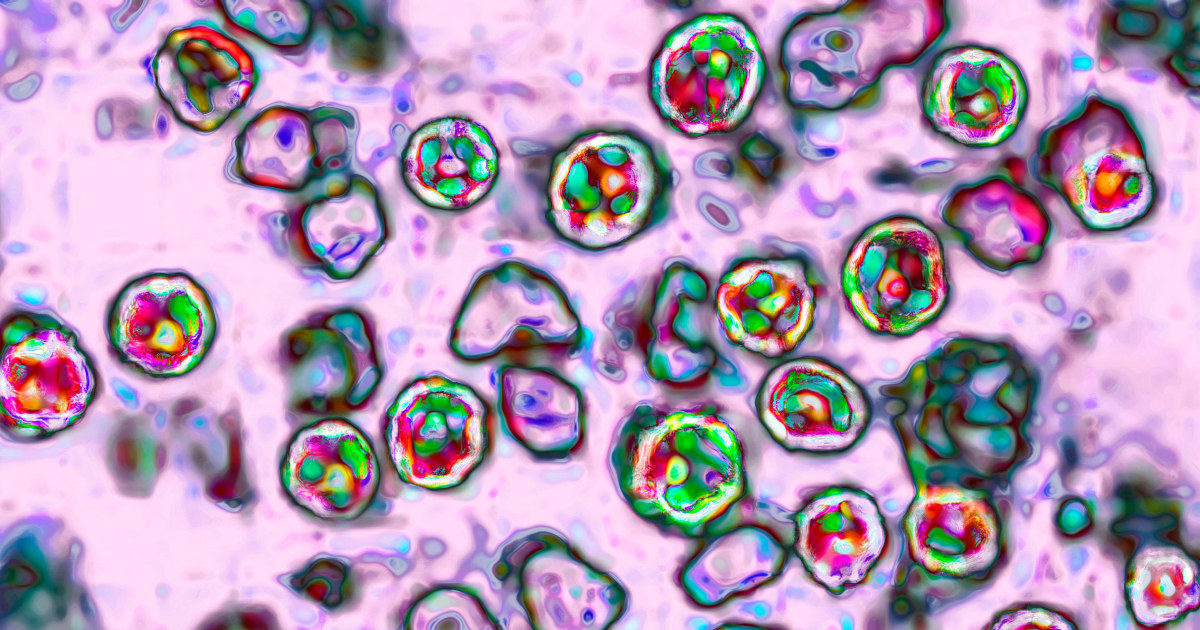Social News
Author: Chen Qianting
2020-11-18 14:04
Last update date: 2020-11-18 14:06
Hong Kong is about to enter the winter flu season. The government's various vaccination programs have been launched since October. The Food and Health Bureau revealed that as of November 8 this year, about 167,000 children from 6 months to under 12 years old have been vaccinated against influenza. The vaccination rate is about 25.2%, which is similar to the same period last year.
South Korea and Taiwan have successively recorded cases of suspected adverse reactions after flu shots. The Hong Kong government quoted the local government saying that there is no evidence that flu shots pose a safety risk, and reiterated that the vaccine batches involved were not supplied to Hong Kong.
The Hong Kong Government also disclosed that there was one case of serious unhealthy conditions after flu shots in the past five years. A 48-year-old citizen had serious neurological conditions and no one had Gibbard's syndrome.
Legislative Councillors Chen Peiran and Li Guolin respectively questioned the Hong Kong government on influenza vaccine data. Chen Peiran asked questions about the number of vaccinations, expenditures and budgets, and adverse reactions after the injection. The Secretary for Food and Health, Chen Zhaoshi, revealed in a written reply to the query that as of this year On November 8, under various government vaccination programs, a total of about 167,900 children aged 6 months to under 12 were vaccinated against influenza. The vaccination rate so far is 25.2%, and the number of vaccinations is roughly the same compared to the same period last year.
As for other age groups, the number of vaccinated persons aged 65 or above is the largest, reaching 298,000, with a ratio of approximately 21.7%; while the relatively young but also high-risk group of 50 to 64 years old has approximately 144,000. The injection rate is only 8%, the lowest among all age groups.
The Food and Health Bureau revealed that as of November 8, more than 160,000 young children have been vaccinated against influenza, which is about 25%.
(Information Picture/Photo by Lu Yiming)
Food and Health Bureau: "Adverse conditions" may not be caused by vaccination
This year, in South Korea and Taiwan, citizens suspected of having an adverse reaction after flu vaccine. Dozens of South Korean citizens passed away.
The Food and Health Bureau revealed that the Department of Health did not keep a record of the number of cases in which the public reported severe physical discomfort shortly after the flu vaccine.
The authorities emphasized that the flu vaccine is quite safe. "Adverse conditions" refer to the physical problems of the vaccinated person after the vaccination.
These conditions are not necessarily caused by vaccination, but may just happen after vaccination and have nothing to do with vaccination.
As for the more serious adverse conditions, data show that in the past 5 years, no one developed "Jebbah syndrome" within 5 to 6 weeks after being vaccinated. However, in 2018/19, a 48-year-old citizen developed other serious neuroses. System failure.
Some parents of school children in Hong Kong refused to take the injection because they were concerned about safety risks. Chen Peiran asked the authorities how many parents had withdrawn their consent. When the Department of Health responded to the inquiry, it only stated that no relevant figures were kept.
Li Guolin is also concerned about the risks of vaccines. The authorities replied that they learned that the South Korean and Taiwanese governments believe that there is no evidence that the relevant influenza vaccines have a safety risk. The local health authorities have announced the investigation results of the relevant incidents and the vaccine suppliers have also confirmed the relevant influenza involved. The batch of vaccine is not supplied to Hong Kong.
The Hong Kong government spent 340,000 yuan to purchase 1,700 doses of nasal spray flu vaccine in 2019/20.
(Profile picture/Photo by Zhang Haowei)
This year, I doubled to buy 60,000 more flu shots
The government also disclosed the expenditure on vaccine purchases in each year. This year’s budget spends 83 million yuan and purchases 878,000 doses of flu shots, which is twice the cost of 40 million yuan the previous year. The doses purchased are 6 more than last year. Million needles.
The 1,700 doses of nasal spray flu vaccine purchased last year cost a total of 340,000 yuan, which means the purchase price for each dose is about 200 yuan.
Influenza Vaccine | The Hospital Authority has vaccinated 220,000 citizens against the Government
Influenza Vaccine | Over 670,000 people have been vaccinated Chen Zhaoshi: No evidence of safety risks
Influenza vaccine | Netizens say that the elderly are unwell after being vaccinated
Influenza vaccine|The Department of Health will provide private doctors with a nasal spray vaccine and pharmacists are expected to be available in November
Influenza vaccine|Parents withdraw from Sanofi vaccine, some kindergartens claim that the Department of Health will delay the lack of injections
01News
New crown pneumonia flu winter flu season









